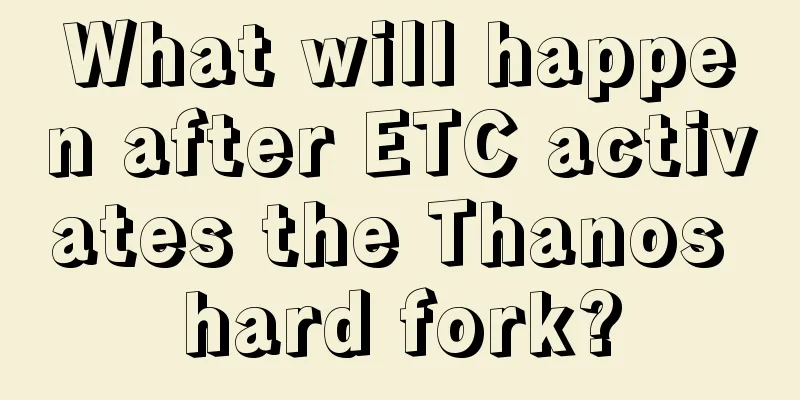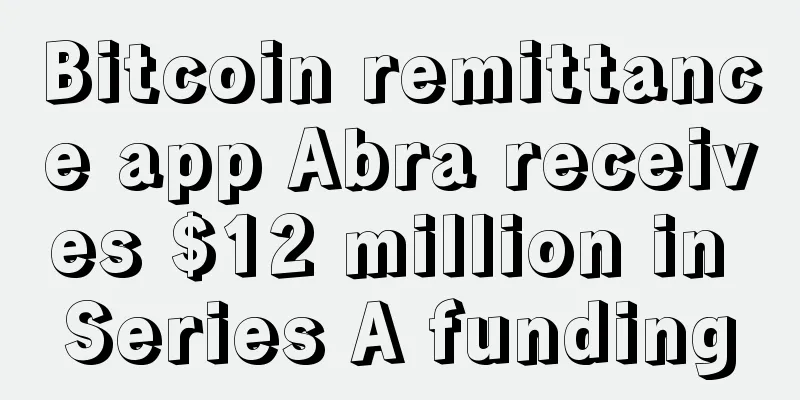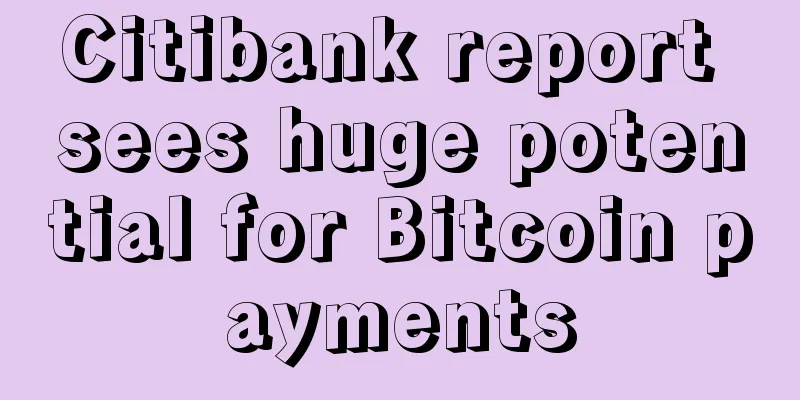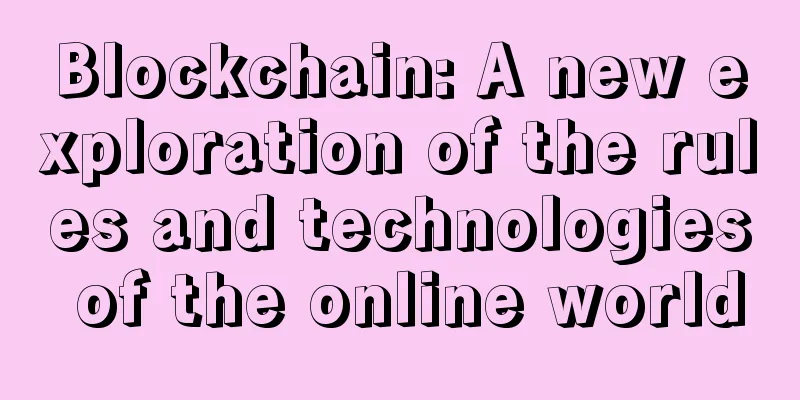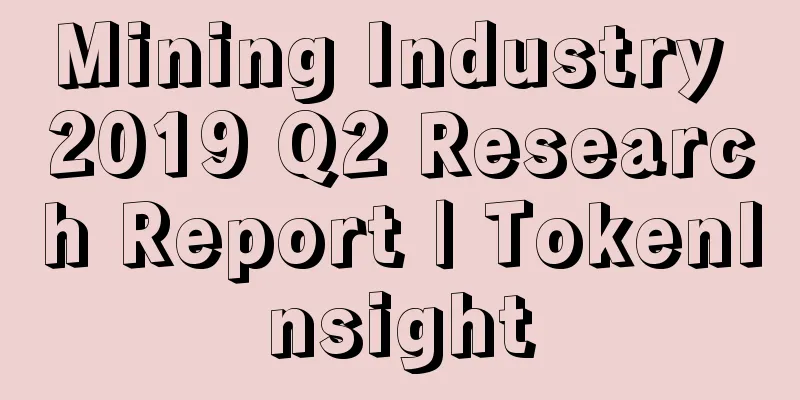Former RBI Deputy Governor Pushes for India to Accept Cryptocurrencies
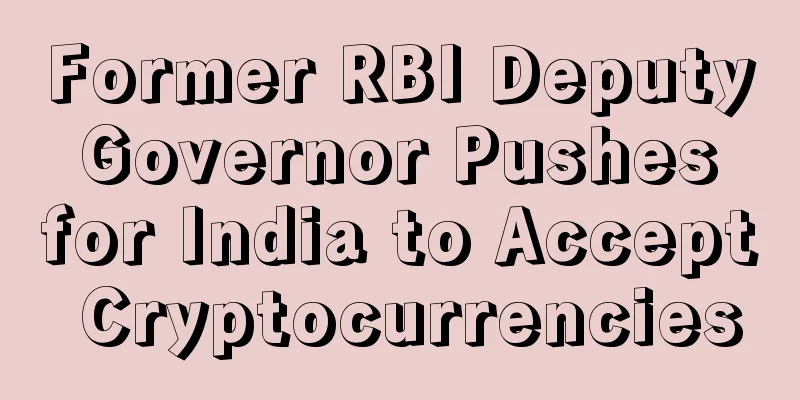
|
The former deputy governor of the Reserve Bank of India (RBI) has expressed his views on the country’s financial and crypto ecosystem and expressed the need to embrace digital assets. Speaking at the first HODL’21 virtual conference organized by the Blockchain and Crypto Asset Exchange Committee (BACC) of the Internet and Mobile Association of India (IAMAI) on September 7, Rama Subramaniam Gandhi said cryptocurrencies can be used as a means of payment for economic activities, but he viewed it more as an asset class. The regulatory landscape in India remains unclear, with politicians still considering bills and legislation. Earlier this month, the government announced that it was drafting a bill that would define cryptocurrencies as commodities, which could be taxed. If the bill is passed, cryptocurrencies would not be used for payments but would be traded and invested as assets. In 2018, the Reserve Bank of India banned all commercial banks from allowing their customers to conduct cryptocurrency-related transactions, but this ruling was overturned by the Supreme Court in February 2020. Gandhi, who served at the Reserve Bank of India from 2014 to 2017, insisted that cryptocurrencies need to be treated as an asset or commodity and can be taxed accordingly. Developing a regulatory framework and treating them as commodities will allow Indians to be able to invest in and hold digital assets. He added that if these assets are mined rather than purchased, they should be subject to capital gains tax.
The former central bank deputy governor believes that without regulation or government oversight, cryptocurrencies will be used for crime. He said transactions could be tracked through a central repository to facilitate transactions and prevent illegal use. Gandhi said governments should be open to economic transactions involving cryptocurrencies, but he warned about the anonymous nature of some blockchains, adding that society must abide by any compliance rules set by the state.
|
<<: HIVE Blockchain, a listed mining company, orders 3,000 Bitmain mining machines
>>: The effective computing power of the Filecoin network is 10.437EiB
Recommend
The lifeline reveals your health fortune
The lifeline reveals your health fortune The vari...
A comprehensive interpretation of women's destiny
Appearance is very important for a female friend....
How is the fortune of Aquarius people with cinnabar moles in 2019?
In two days, the new year of 2019 will arrive. Th...
Mole position and destiny chart. Mole position and destiny of men. Mole position and destiny of men.
Mole position and destiny chart, male mole positi...
What does it mean if a woman has a mole on her left foot?
It should be very common to see people with moles...
When is the best time to sell airdrop tokens?
1. When is the best time to sell airdrops? Of the...
Fortune telling by palmistry: what kind of palm lines bring good fortune
In fact, whether a person's fortune is good o...
What does a man who is prone to cheating look like?
Nowadays, there are really a lot of people who lo...
China's Bitcoin miners seem to have a harder time than ever during the 2020 flood season
The rains are coming. The mining machines are hum...
U.S. State Banking Regulators Release Final Bitcoin Regulation Plan
The US Joint Conference of State Bank Supervisors...
Is it good for a woman to have a mole on her chin? What does a mole on the chin mean?
There are many factors that affect the good or ba...
The Myth and Solution of Bitcoin Block Capacity Increase
Everything in the world is tangible, has size, an...
What are the characteristics of women with short pinkies?
In our lives, everyone's palm lines are diffe...
50 "Bitcoin mansions" in Dubai were sold out, and someone bought 10 at once
Dubai skyline. Last September, British billionair...
Graphic tutorial: Teach you how to mine DODO and get the first mining bonus
On August 30, the transaction volume of the decen...


